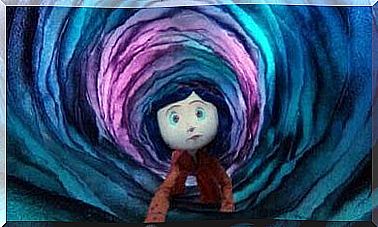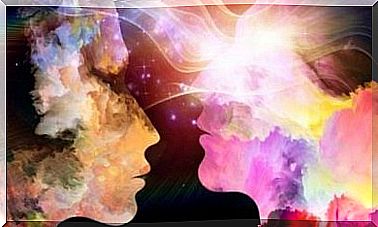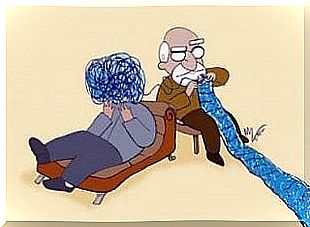Epictetus And The Wisdom Of Emotions
Epictetus of Phrygia, a first-century Stoic philosopher, laid the roots of modern psychology with this simple but true expression: “It is not the things that happen to us that make us suffer. It’s what we tell ourselves about these things.”
Epictetus was born in 55 AD in Hierapolis, Phrygia, and was brought to Rome as a slave to Epaphroditus. His master taught Epictetus until he was exiled to Nicopolis in 93 AD. There Epictetus founded a prestigious school to which he devoted the rest of his life.
Despite being a slave and receiving many beatings throughout his life, Epictetus was a happy person. His philosophy was based on clearly distinguishing between things we can influence and things we cannot influence. In this way, a person can focus on changing the things that can be changed and accepting the things that cannot be changed, avoiding pain and unhappiness.
Epictetus accepted that he could not change or control his circumstances, but he could do so with his mind. In this way he had all the power. As a result, he decided that things could only affect him if he let them. If you feel positive or negative about something, it will not affect the external event, but it will affect yourself and how you feel about the event.
We can control our emotions
Most people who are trapped in a negative emotional state—such as depression, anxiety, anger, or guilt—tend to believe that it is because of the circumstances or situations that arise in their lives. But the truth is, that is often not the case.
What really determines our emotional state is our way of interpreting the world, our attitudes, our beliefs and thoughts. The proof lies in the fact that the same situation brings out different emotions in different people.
Logically, if the situation was responsible for our emotions, everyone would react the same way. And this is certainly not true. So there must be a certain filter that determines our emotions.

Thoughts come first, emotions next
Let’s give an example. Imagine you are traveling somewhere by bus and you are standing in the aisle and holding the pole for support. Suddenly someone hits you from behind. You get mad because a rude person wasn’t paying attention. So you turn around to tell that person the truth. But then you see that the person behind you is blind.
In that moment all feelings of anger, revenge and anger turn into compassion and mercy towards that poor blind man who had no intention of pushing you.
The stimulus that provoked the anger in you is still the push you got, but now you know the man is blind. You no longer think he is rude or ill-mannered. Instead, you think he’s an unlucky man who didn’t mean to do that. So we can conclude that what pissed you off wasn’t the push. It was your inner dialogue and everything you thought about the unfortunate one that pushed you.
As you can see , thoughts always precede emotion. And the good news is that we can influence them! We are responsible for it. And I say good news, because if this were not the case, we would have to give in to the world around us like slaves. Giving in like defenseless puppets that move according to the situation or the ideas of others.
Don’t let others control your emotions
Suppose I get depressed because others criticize me. The person ultimately responsible for the depression is myself, because I believed and internalized the criticisms and opinions of others. If I had changed how I thought about the criticism and not made it such an important thing, my emotional state would be different.
It may be unpleasant, but I wouldn’t get depressed by the ideas of others. Because these are their ideas and not mine. I will only make them mine if I choose to. If this were not true, if my own thoughts could not intervene, I would always be depressed. Except when I could get everyone to change their mind about me, but that’s almost impossible.
Humans even have the wonderful ability to be happy despite almost all circumstances and situations. If you have the means to survive, you have everything you need to be okay. But it’s important that you make these ideas your own, that you adopt them as a philosophy of life.
If Epictetus was happy as a slave because of the way he went about life, we can also be happy in circumstances that are probably much better than his. You may be complaining too much. Is it possible that you are exaggerating a bit to the world, everyone and yourself? Are you giving yourself a sense of fear by trying to control the uncontrollable?
Close the door to misery. Stop complaining about what’s going on outside. Solve it if you can and then let it go. Change the way you look at things and things will change.









